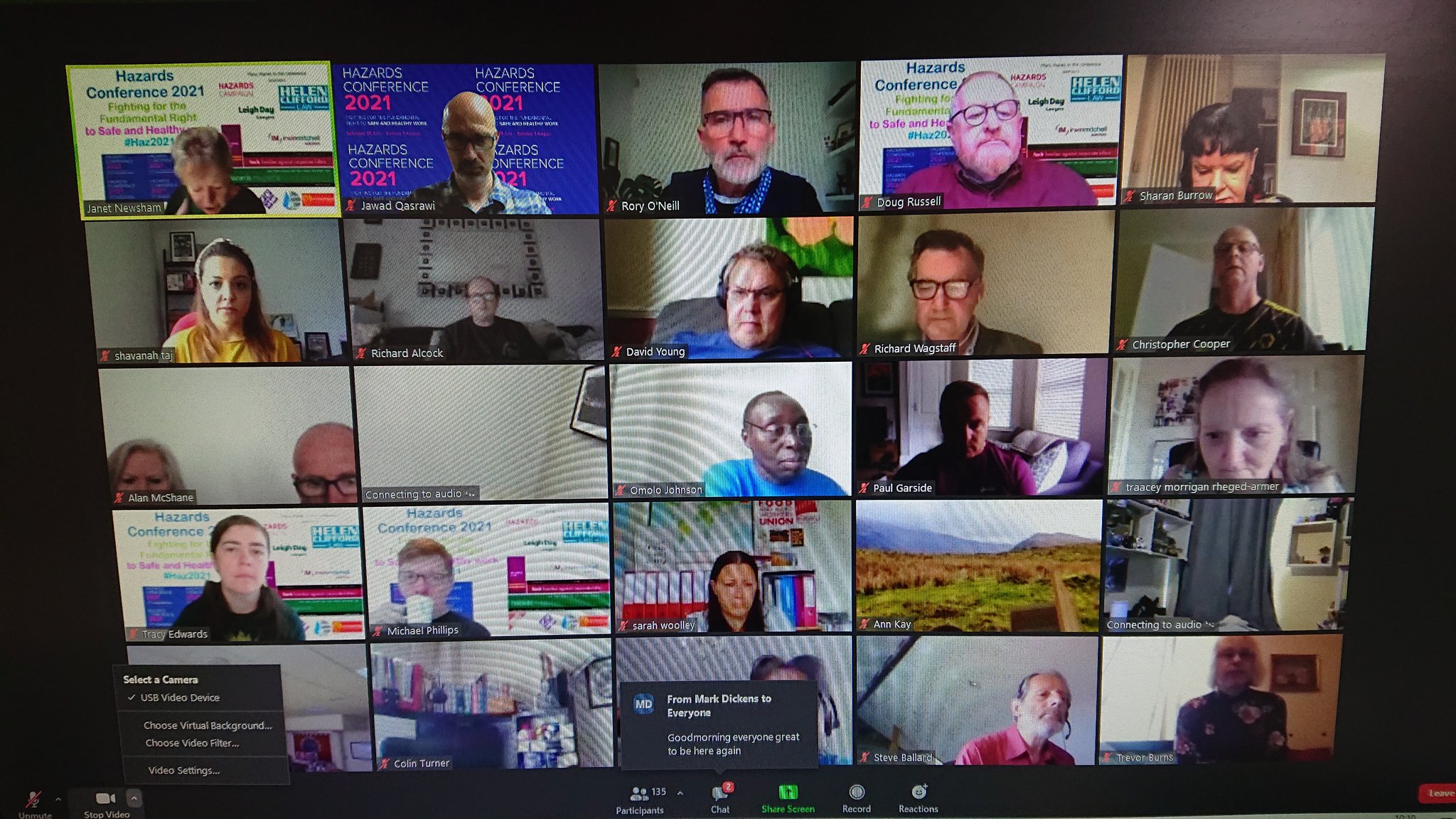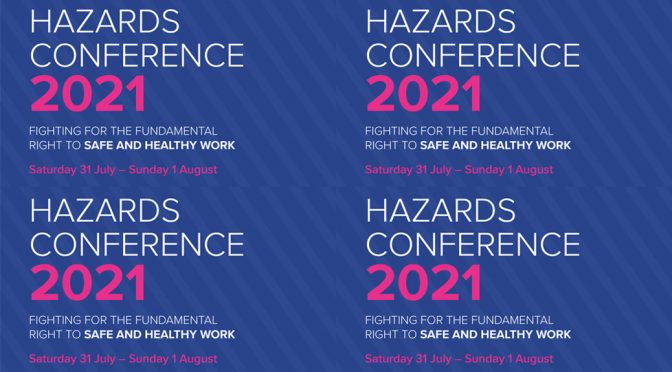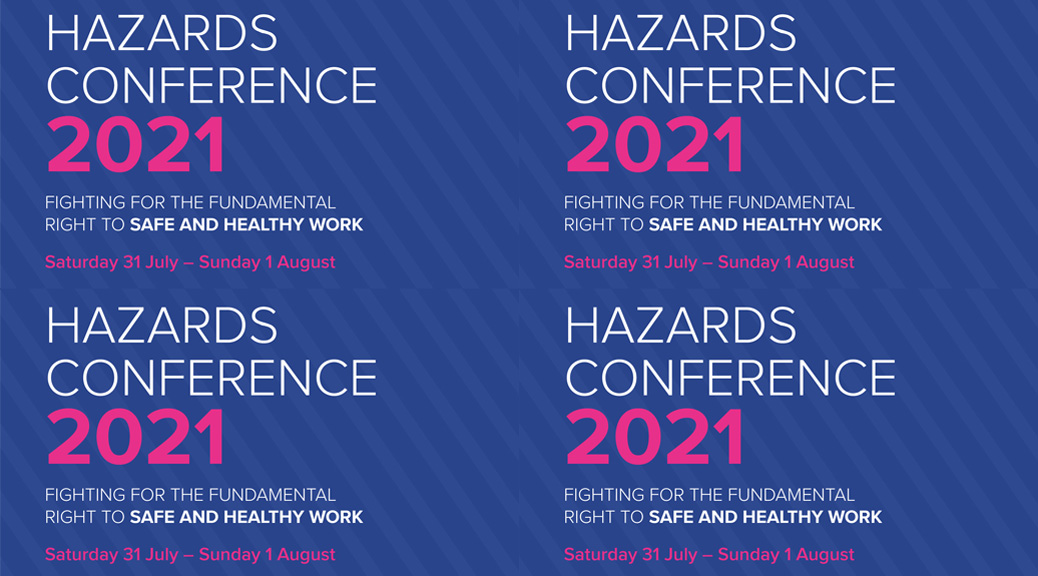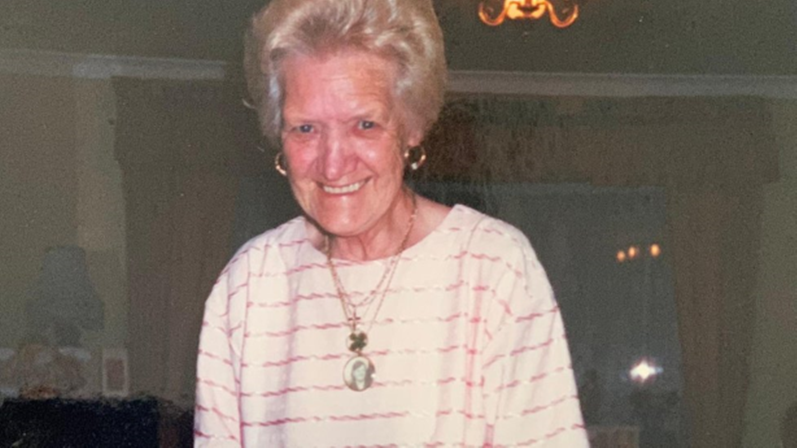
No-one should be killed in their own home by an unsafe crane operation. 1 year since crane collapse in Bow, East London… But many questions still need answering.
Join Families Against Corporate Killers (FACK), Construction Safety Campaign (CSC) and Helen Clifford Law at the Vigil for June Harvey
Date: Thursday 8th July 2021 Time: 12 noon.
Venue: 2 Compton Close, Bow East London E3 3RS
(nearest to Docklands Light Railway DLR) Devon’s Road Station
June Harvey, aged 85, was killed when a 20m crane crashed through the roof of the house she shared with her niece Jacqueline Atkinson and great nephew Sam Atkinson on 8th July last year. Jaqueline and Sam suffered minor physical injuries but significant psychological trauma. They lost a much loved member of their family, their home and all their belongings through no fault of their own. The companies involved did not take full responsibility to look after them, ensure they were properly rehoused or treated for psychological trauma.
Local MP Apsana Begum intervened to support and Families Against Corporate Killers, FACK, put Sam in touch with Helen Clifford a solicitor experienced in construction incidents and advocacy for families of those killed and secured counselling for the Atkinsons.
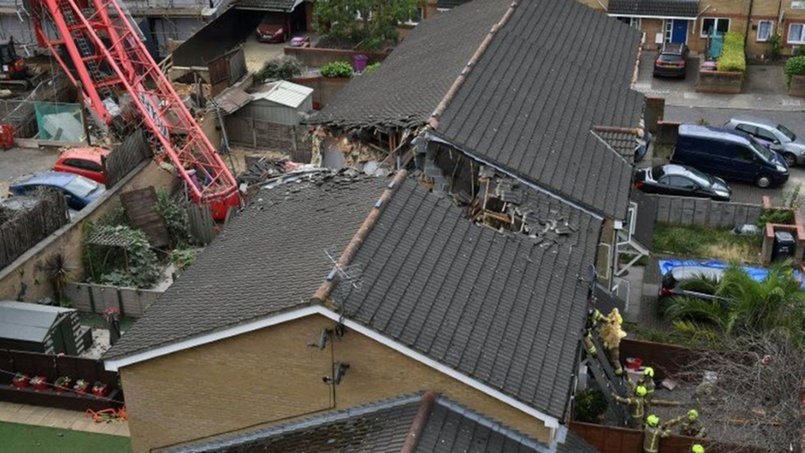
Sam Atkinson, 29, and his 63-year-old mother lived in a hotel paid for by their landlord Gateway Housing but were threatened with eviction in January 2021 when they refused to accept a property Tower Hamlets Council offered them as it did not have a kitchen and was “uninhabitable”. Interventions helped to prevent their eviction but they had to rely on the help of friends to make the house fit to move into.
The crane collapse is under on-going investigation by the Police and Health and Safety Executive, with the Police having primacy at the moment. The crane was only removed in December 2020 which hampered the investigation though indications are the crane collapse was due to failure of the concrete base on which it was erected. Like almost all crane collapses and work-related deaths, this was probably foreseeable and should have been prevented, June and her family should have been safe.
One year later, June’s family whose lives have been turned upside down by a failure of corporate health and safety, still don’t know what went wrong or why. This is unacceptable: justice delayed is justice denied. FACK and the Construction Safety Campaign call for a speedy investigation and justice for June and her family, and also a massive improvement in crane safety so no-one else is killed.
Stop-Deaths from Crane Collapses
For 25-years the Construction Safety Campaign, CSC, campaigned for better crane safety and for 15 years with the Battersea Crane Disaster Action Group, BCDAG.
In September 2006 a crane driver, Jonathan Cloke, and a member of the public, Michael Alexa were killed when a crane collapsed on a Barrett’s Building site in Battersea Southwest London. The support of the CSC together with the Battersea Trades Council led to the setting up of the ‘Battersea Crane Disaster Action Group’. Concerted campaigning led to the success of getting government to enact The Notification of Conventional Tower Crane Regulations 2010 and the registration of cranes enforced. These regulations were scrapped by the Tory Government elected in 2010 and hell bent on attacking worker health and safety. Disgracefully, it took ten years for the Battersea crane collapse case to go to court.
In a new year’s article in the Evening standard published in 2012, prime minister David Cameron declared his resolution “to kill off health and safety culture for good” and concluded that health & safety “is an albatross around the neck of British business”. What then followed was a 33 per cent cut in the Health and Safety Executive’s budget, deregulation of health and safety law and endless reviews such as by Professor Lofstedt’s. Hundreds of the government’s Health and Safety Executive officers lost their jobs and far fewer health and safety inspections, enforcement notices and prosecutions were carried out. The effects of this health and safety law deregulation and cuts in its enforcement were not just felt on construction sites but on all our safety, most notably the deaths which occurred in the Grenfell fire in 2017.
The UK has a deadly record on tower crane accidents. Many other countries have stricter crane safety laws including compulsory licensing (certification) of all cranes. In addition to the Battersea crane collapse, in just over two decades there have been many other deaths and serious injuries due to the collapse of cranes, including:
May 2000: Canary Wharf, east London; February 2005: Worthing, Sussex;
January 2007: Elysian Fields, Liverpool; June 2007: Croydon, south London;
December 2007 Forest Hill London; July 2009: Chandlers Wharf, Liverpool;
March 2014: Blackwall, east London.
In recent years we have witnessed
On 21 June 2017, a crane collapsed in Crewe killing two workers, David Newall, 36, and Rhys Barker, 18, and injuring one other person.
On 25 July 2017, it was announced that a third man David Webb, 43 years of age, had now died from his injuries.
On 20 June 2012. Garry Currie was killed and Mr Nisbet, a self-employed worker suffered serious head injuries when a crane collapse happened.
The CSC calls for the rescinded The Notification of Conventional Tower Crane Regulations 2010 to be reinstated and extended to include all types of cranes. All cranes should be subject to testing and inspection by specialist crane companies who are independent of the crane provider and operator companies. There should be a shelf-life limitation on each crane after which they must be scrapped. In addition, many other changes to long to list here are needed.
What previous prosecutions by the Crown Prosecution Service or the HSE show is they take enormous amount of time. This is a callous way to treat bereaved families who not only suffer the totally unnecessary and negligent death of a loved ones but are plunged into many years of legal nightmares. This must not be allowed to happen in the investigation into the Bow East London crane disaster.
For information: CSC – 07500169151
FACK: hilda@gmhazards.org.uk Facebook Families Against Corporate Killers
Helen Clifford Law: 07796 107997




